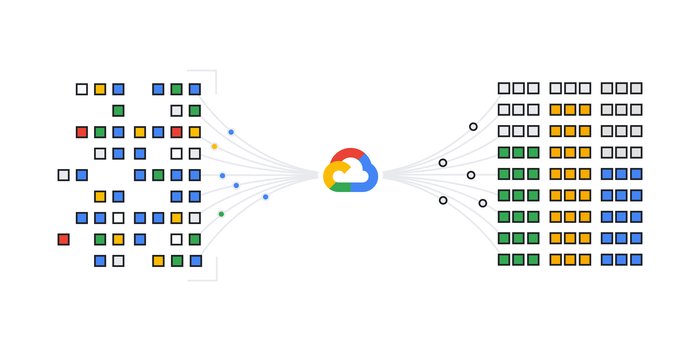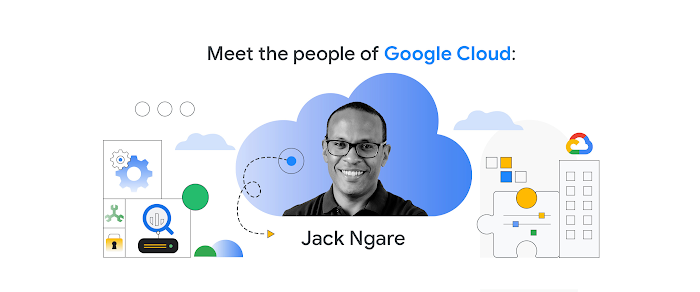Meet the people of Google Cloud: Jim Hogan, driving innovation through inclusion

Google Cloud Content & Editorial


Editor’s note: Jim Hogan is both the Principal Innovation Strategist at Google Cloud, and the VP of Accessibility in Technology for Google's Disability Alliance. Being autistic, he's faced severe challenges in finding belonging in the workplace. This experience fires his passion for workplace equity on many fronts. It also informs his technical work of aligning corporate aspirations to the realities of software architecture. The common thread, he says, is delivering outcomes to customers based on the understanding that belonging is the fuel of innovation.
What was your path to Google?
In a word, hard. I'm autistic, and everywhere I worked someone wanted to fit me into their definition of "normal" - even at companies where I was the CEO. I was often tormented, bullied, shamed. It came to a head in 2004, when, after experiencing some particularly brutal harassment, I undertook a lot of cognitive behavioral therapy, did a lot of meditation, and learned to understand the guardrails that could tell me better if someone was being cruel.
All this time, I was a very high-performing software expert, self-taught in some arcane systems, at some very high-powered companies.
I arrived at Google in summer 2020, and I knew I wanted to make sure I advocate for something more than myself in my work. Google has been very supportive of that.
You're involved in many programs at Google, including the Disability Alliance, Autism in High Tech, and Transform with Kindness, a program where managers learn to promote psychological safety. You're also deeply involved in personal relations around mentorship and allyship. Is there a connection with the programs and the personal work?
Wherever I can, I try to make my passion projects collide with my work. I'm a proud autistic person, and I want everyone to feel like they can be seen and valued for who they are.
So I'm looking for all kinds of ways to help people connect better, build in empathy, connect with people and use their hearts.
I regularly speak with, mentor, between a dozen and 20 people at Google, and well over 100 more outside the company. Lots of them are autistic or otherwise neurodistinct, or parents of autistic kids who want to talk about raising their child. Others are looking for new ways to think about leadership, inclusivity, or even technical problems. People find me to be a good listener.
I'm also a big recruiter, and that's part of my allyship, recruiting others. I recently did a talk with Vint Cerf about disability in tech, and so now we've got a budding alliance there. And of course, doing this work has led me to many other causes, like Black Lives Matter, and activism around ending anti-Asian hate crimes, so it's important that I'm an ally to people who are active there, listening to them and looking for ways we can work together.
We always need more voices. My wife says 100 people whispering is better than one person screaming.
How does this express itself in your work in Customer Engineering?
It would be easier to say where it doesn't. Great innovation, innovation as a sustained practice, is an act of causality - as you look at the mechanisms that make teams innovative, you see that there is psychological safety for everyone, campfire moments, an agreement about common goals and the understanding that everyone has something to contribute to getting there.
My job involves working with Healthcare companies, trying to figure out the patient experiences they are looking to get from tech, and how that can be done with their architecture in the cloud. You can imagine, there's a lot of empathy in understanding what they want. There's a lot of effort in getting our teams operating from a good place.
What do you wish all managers knew?
When I say "I feel like I belong at Google," that doesn't mean that every day is my best day ever. There are things that happen here that can be very hard on people. Performance reviews can be humiliating, just because two people may not see the world the same way. The best advice I give to managers is to lead with their hearts - if there's a problem, don't cast people out, try to understand them.
It's funny: We spend a lot of time here trying to make machines go faster, work better, do more. But we don't usually do that with people in a way that works, long term. If you lead others with your heart, their outcomes will probably be supercharged.



